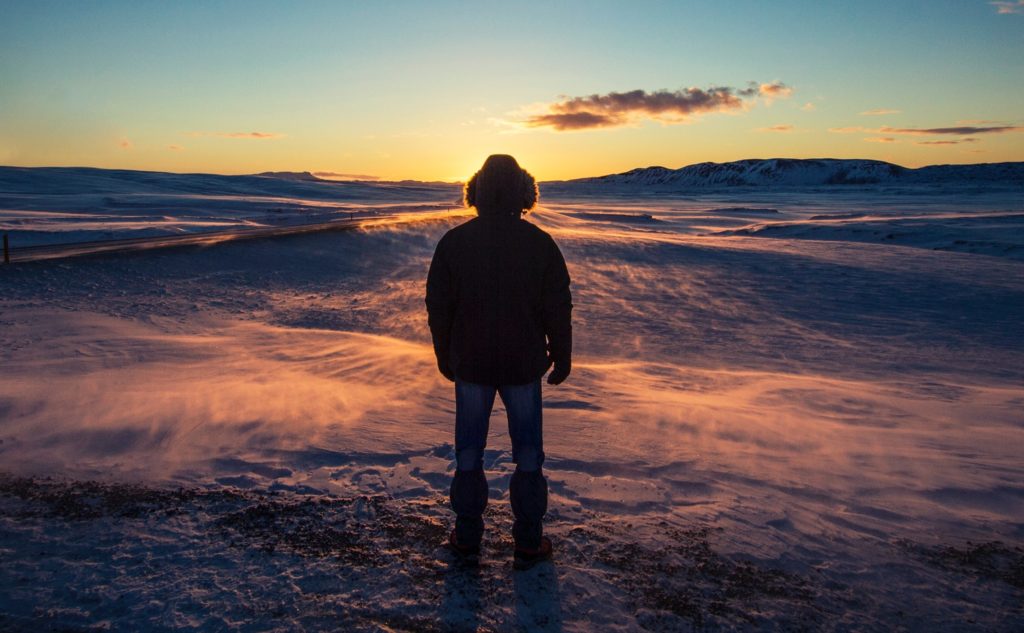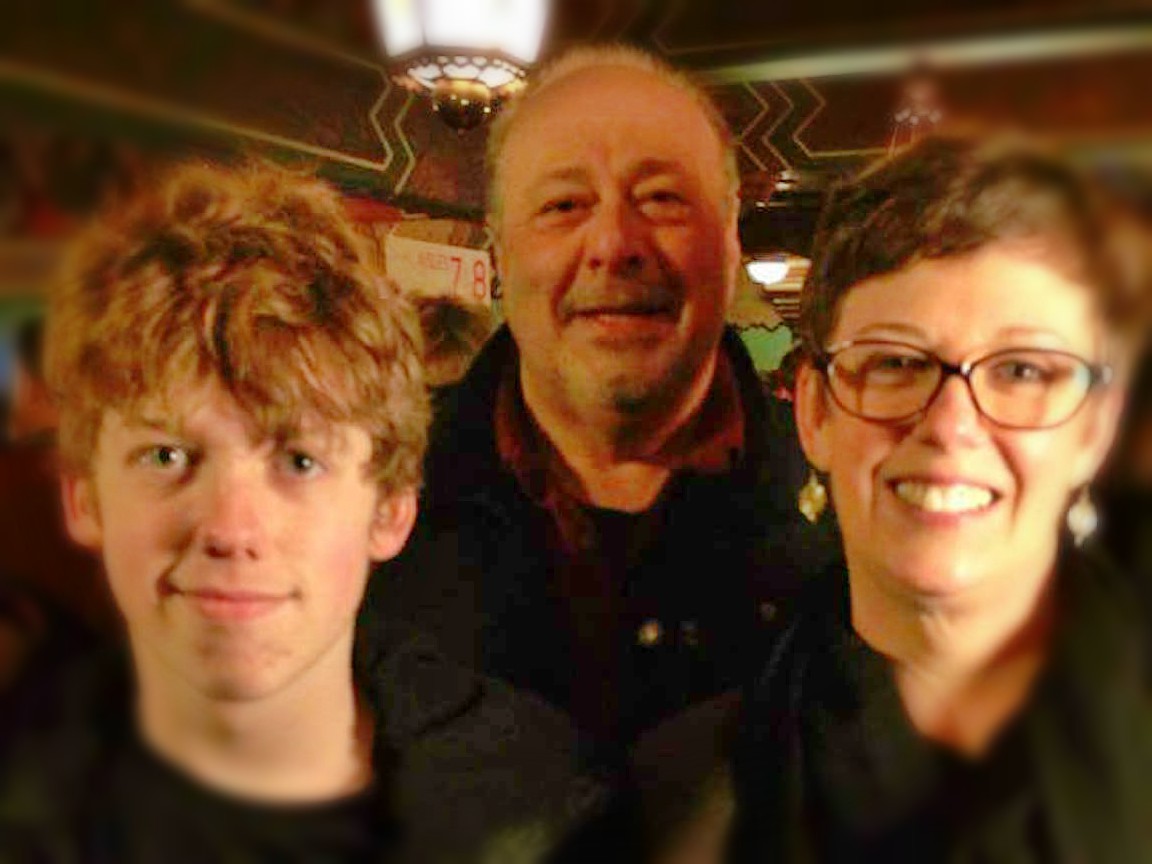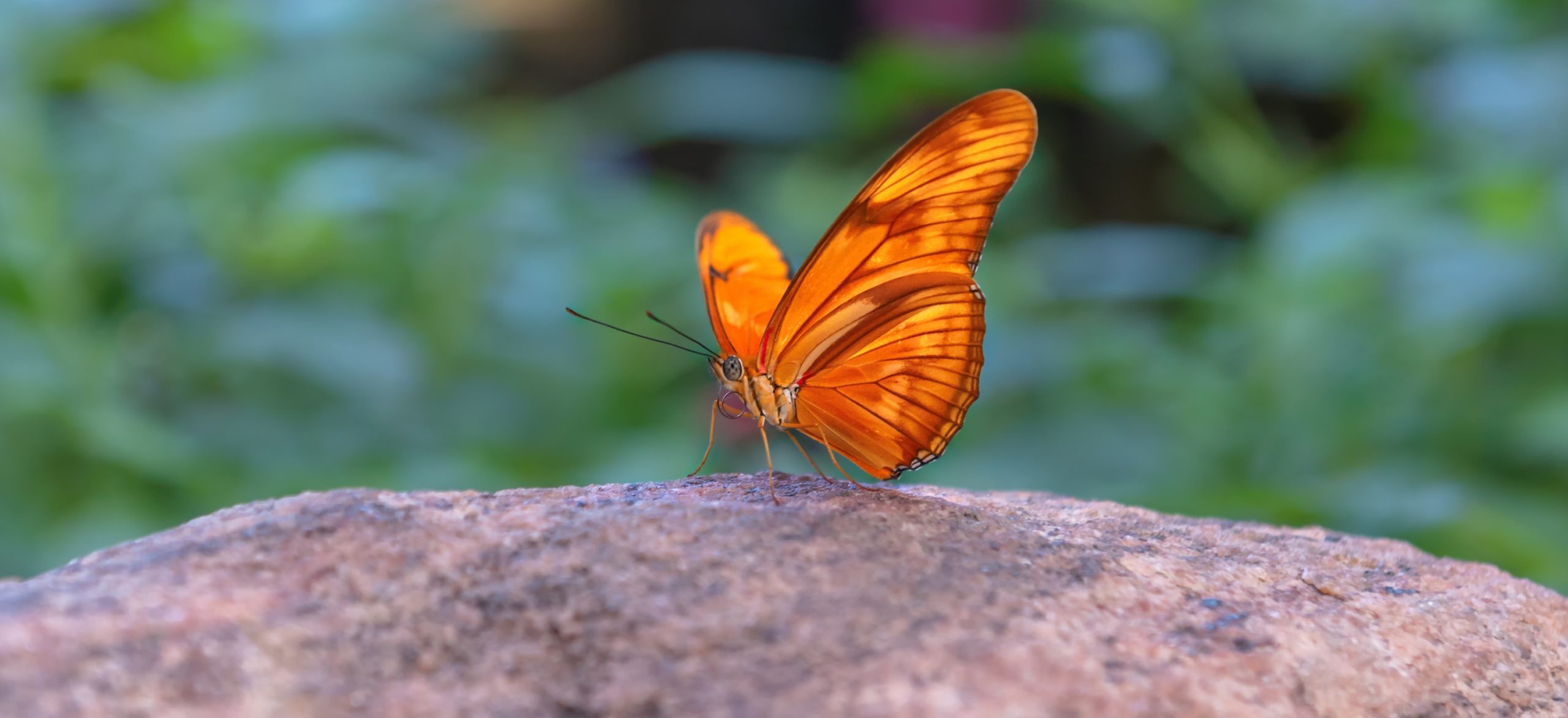I posted the other day about a friend of mine whose sister died suddenly of an undiagnosed heart condition earlier this year. Her grieving in many ways is so much like mine—a sudden, unexpected loss that tilted the axis of her world.
This Christmas season was hard for my friend. Her loneliness was compounded by COVID-induced social distancing. Like me, she told me that she had “lost her words” after her sister died. So, I sent her a poem that helped me process my grief.
Her response brought me to my knees—she said that she could only imagine that the pain of a 4th Christmas without my son must be as painful as the first.
Not only was this not accurate—it was so sad that she anticipated that she would forever experience heart-wrenching grief. I explained that I will always love and miss my son, but the past few holiday seasons were not as sad or angst-ridden as those first and second years.
I love Dr. Kenneth Doka’s thoughts on grief and shared a video of one of his lectures in another post. These concepts of “Chain of Pain”, “Moving On” and “Continuing Bonds” kept bouncing around in my head.
What is so wonderful about the Alliance of Hope (AOH) is that the entire organization encourages members to share that even suicide loss grief is not, as Dr. Doka defines, a “Chain of Pain” – that is, a future that contains a gaping hole in one’s heart forever. So many AOH members who are much further down the road on the suicide loss grief journey have shared their experiences of growth. Life may not be easy, but it is better.
The term “moving on” seems to be fixed in the western psyche. “Moving on” implies that we must forget about our loved ones and other losses, leaving them behind to “fix” our grief. Dr. Terri Daniel, a hospice chaplain and trained grief counselor, related that western psychiatric theories in the 20th century cultivated the idea that a person must “give up,” “separate,” and essentially forget a loved one after they died, or they would be “pathologically grieving.” This bias, along with a general avoidance or even acknowledgment of the “dark emotions” (grief, fear despair) created confusion and uncertainty in western society in general – and increased isolation and despair for those who are grieving.
Dr. Doka used the term “ameliorated grief” to describe the process of when an individual has worked on experiencing his or her feelings and is beginning to build a new life. I like Dr. Alan Wolfelt’s definition also:
“Reconciliation … occurs as you work to integrate the new reality of moving forward in life without the physical presence of the person who died. With reconciliation comes a renewed sense of energy and confidence, an ability to fully acknowledge the reality of the death, and a capacity to become re-involved in the activities of living…. Beyond an intellectual working through of the death, there is also an emotional and spiritual working through. What had been understood at the head level is now understood at the heart level.” ~ Understanding Your Suicide Grief, page 198.
Dr. Daniel first introduced me to the concept of “continuing bonds.” She explained that this concept was first written about in the late 1990s. The authors posited that many non-Western cultures continued to honor their loved ones through rituals and celebrations for many years after their deaths. These practices did not harm individuals psychologically, in fact, these rituals and commemorations appeared to be helpful. I find that rituals such as poems, lighting candles, an altar, music, help me to remember my son and my other departed loved ones—and have made the grief journey easier.
Dr. Doka, in ending his lecture, told a story about the grief support groups he facilitated. He always ended the series of meetings with the following exercise: “Imagine that it is a year from today, and I see you in the supermarket. I ask “How are you doing?” He then asked each participant to share their response. He said he was surprised at how optimistic people were. Most said, “I’m doing much better.”
So, what is your response? As for me, in 2022, “I’m doing much better” too.




